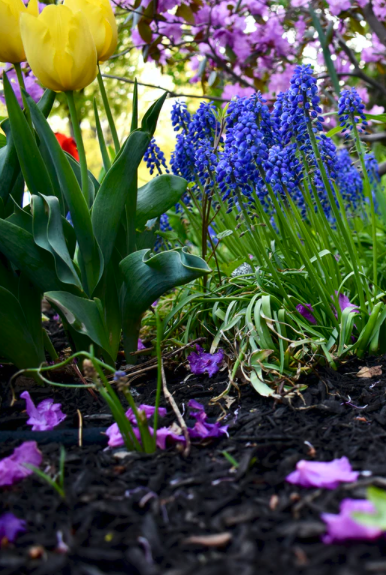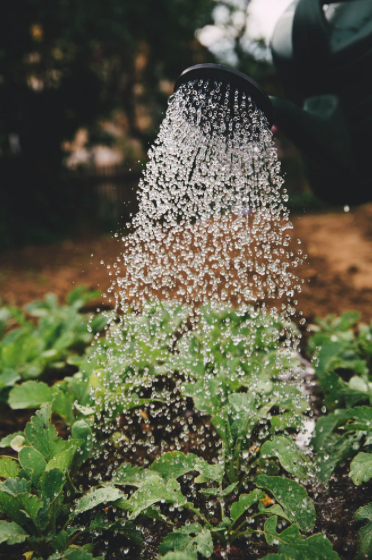When it comes time to landscaping, you have many options. Naturally, it might be hard to know which plants are best for your yard. While professional landscapers advise that there are unlimited ways to design a garden, not all emphasize the many benefits of of native landscaping.
No matter where you live, you can find plants that naturally belong and thrive in your ecosystem. Low maintenance gardening through native design can be especially helpful if you are thinking about selling your home in Orlando, Florida.
Native means less maintenance
We all know, everyone wants a beautiful yard. However, many popular commercial plants are not easy to maintain. When you go with local plants, that means they will have what it takes to survive when the seasons change. Also, they tend to invite beneficial pollinators into your yard. Hello, butterflies, bees, birds, etc.!
These native plants come prepared to navigate your home’s weather patterns, including rainfall and humidity levels. This not only means less time pruning, trimming, and watering, but it also means you don’t have to use fertilizers or pesticides, which can be harmful to the ecosystem-at-large.
Moreover, native plants cost less at the nursery. A secret tip: you can even take cuttings from a neighbor for zero-cost gardening! Of course, we recommend asking first.

Go green with plants that survive naturally
Furthermore, another draw of native plants is that they can easily be part of an organic garden.
These plants are naturally better for the environment because they are not energy or pesticide-intensive. For example, native plants don’t need to travel from other parts of the country or world before reaching you. That means lower transportation costs, and it also means you’re supporting your local ecosystem.
A native plant garden can easily be an organic one, as they require little maintenance. Often, a native garden can thrive by simply the addition of compost and mulch to add nutrients to the soil.

Consider mixing native plants with rocks and mulch
For landscaping that has a local feel, you can mix rocks and mulch with your native plants. Do this instead of installing a lawn, which is incredibly water-intensive.
Mulch has the added benefit of adding moisture to your plants. Still, another advantage of a yard that is a mix of native plants, rocks, and mulch, is that this type of yard can appeal to home buyers who want a low-maintenance yard.

Save water with native plants
Water is a precious natural resource and when you go with native plants, you will also be doing your part to conserve water. Native plants will require less water to maintain as they are better equipped to regulate themselves according to the seasons. While you should ask your local garden store how they recommend caring for your native plants, know the process should be an easy one.
If you need to, you can set your garden up on an irrigation system that includes a rain shut-off device. This device uses rainfall first, before pulling water from the tap.
You may also put a rain barrel in your yard, which collects rainwater and then recirculates it into your irrigation system. Certainly, a rain barrel is another eco-friendly yard addition that will help you care for your native plants.

In conclusion, there are several compelling reasons to go with a native plant garden. Whether you are selling your home or just want to give your yard a refresh, plant with native plants. Then, you can enjoy your low-maintenance garden as the temperature rises. The benefits of native landscaping are numerous!
Author: Liz Shemaria








